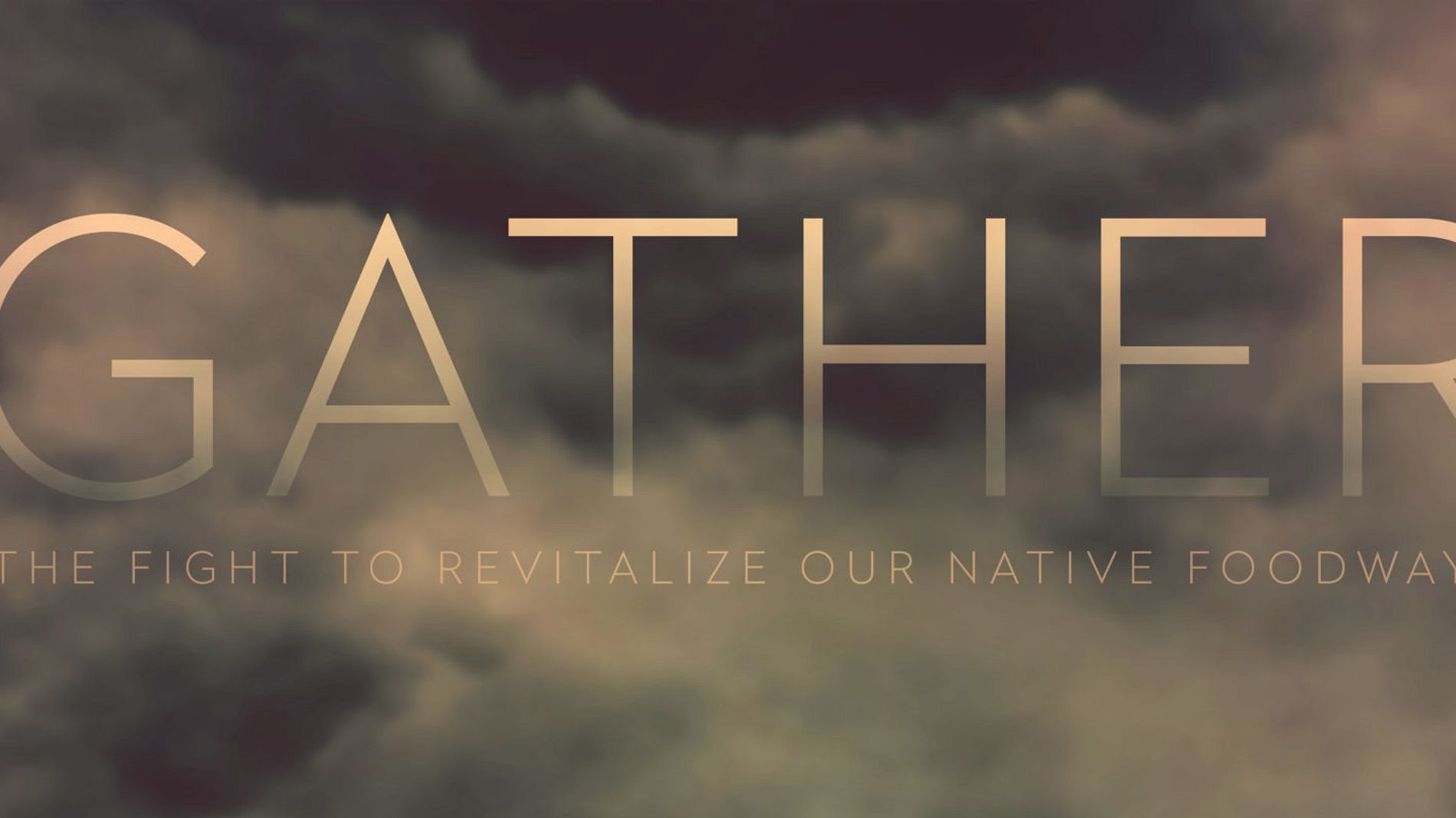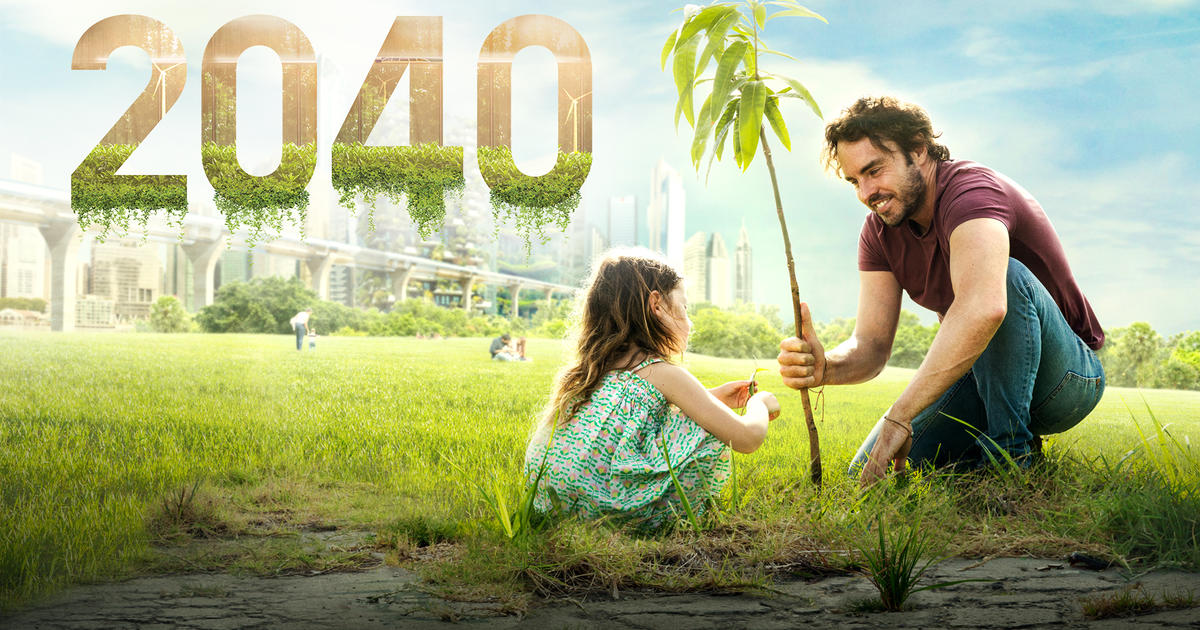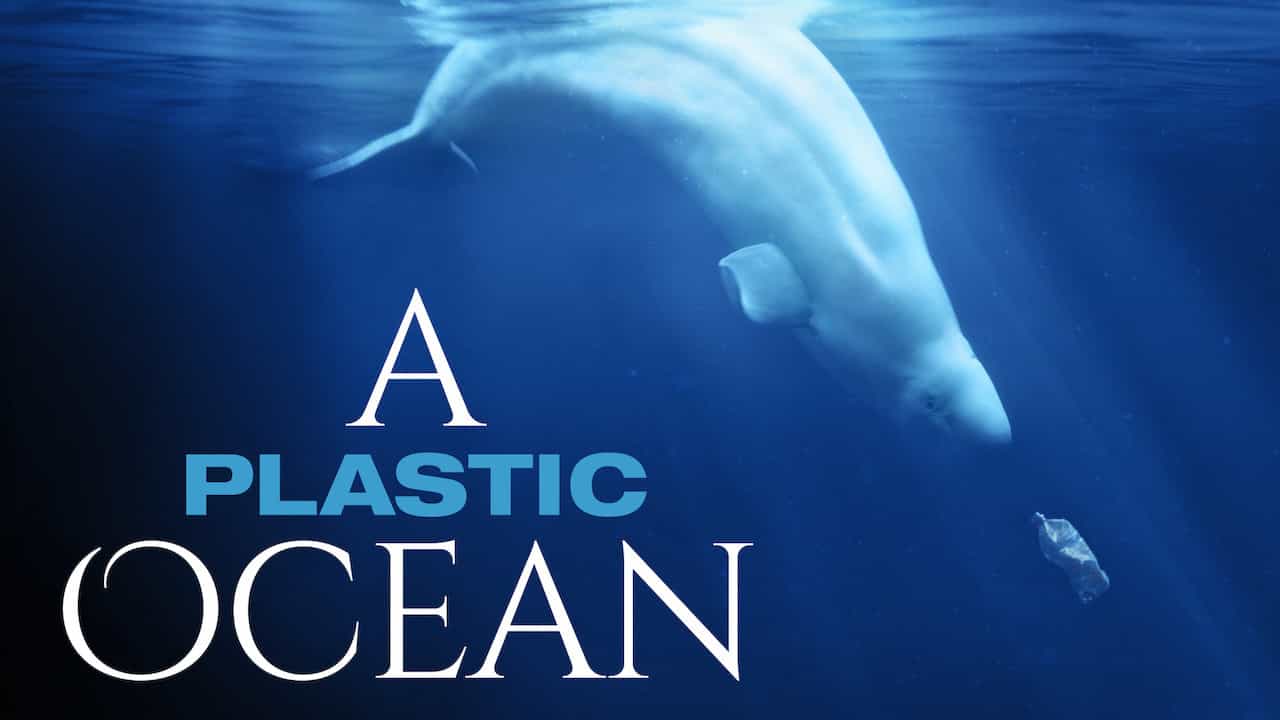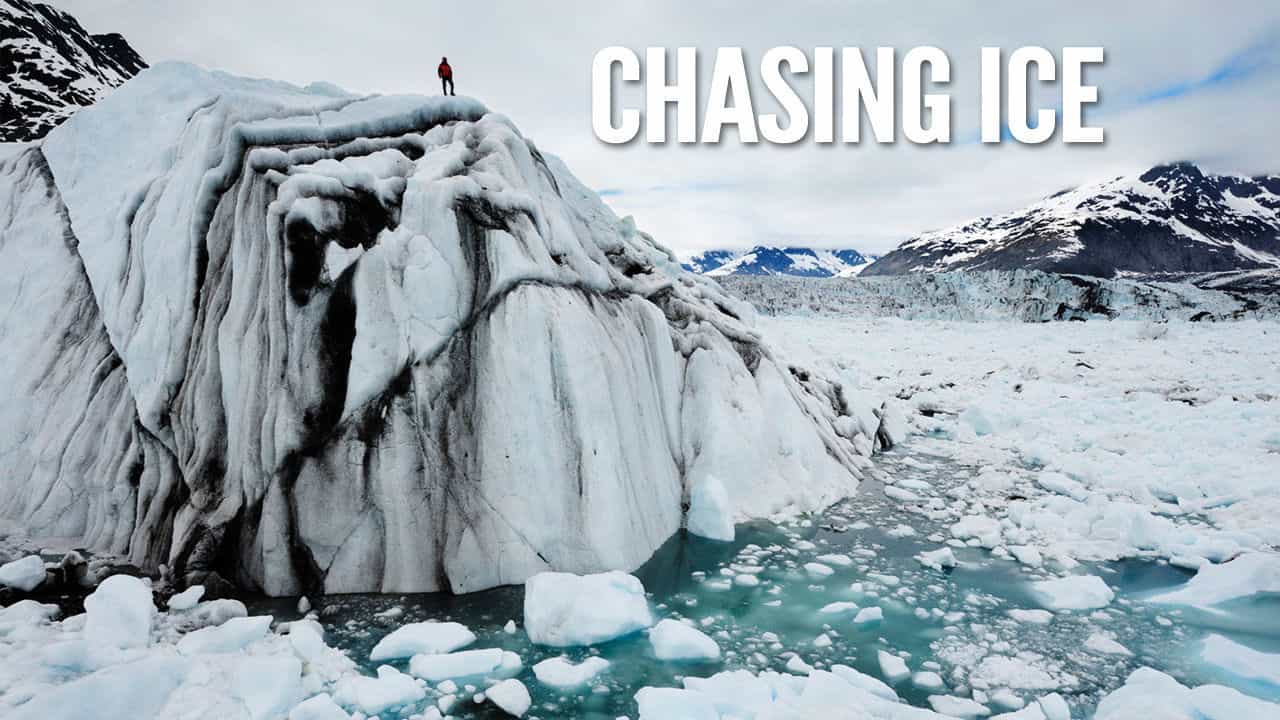By: Thurkkha Thayalalingam
Documentaries can be a great way to learn more about sustainability and environmental issues, requiring only a couple hours of your time. It can often be overwhelming to think or learn about climate change and the future of our planet, for which there are also more reflective and hopeful documentaries on the topic. We’ve compiled a small list of great documentaries from the past two decades that cover a variety of environmental issues and concerns.

Narrated by Woody Harrelson, Kiss the Ground discusses how soil and regenerative agriculture can be used to combat the climate crisis by creating sustainable food systems, restoring ecosystems, and stabilizing the climate. This documentary features a series of activists, scientists and celebrities.

Gather focuses on a growing Indigenous movement of reclaiming their spiritual, political and cultural identities through food sovereignty. The food sovereignty of Indigenous peoples is the right and ‘ability to respond to their own needs for healthy, culturally adapted Indigenous foods’ (Indigenous Food Systems Network). The documentary includes the efforts environmental activists from the Yurok Nation in Northern California are taking to protect a river, as well as sharing information on historical agricultural practices.

Former Vice President Al Gore presents a case on climate change and global warming through scientific evidence and anecdotes in An Inconvenient Truth. Gore lightens the serious tone of discussing the climate crisis by incorporating his personal experiences into the conversation. The documentary addresses common misconceptions and myths about global warming, also encouraging the audience to get involved with climate action in their communities. An Inconvenient Truth is followed by An Inconvenient Sequel: Truth to Power (2017).

If you’re looking for a documentary with a more positive outlook on climate change, 2040 is a great film to consider. 2040 approaches climate change from a different perspective, the director expressing his concerns as a father worried for his daughter’s future. The documentary explores various innovative climate change solutions and what the next 20 years could look like.

A Plastic Ocean looks at the effect of plastics in the ocean as they break down into microplastics and enter the food chain. The documentary features a group of scientists, a journalist and a diver that spend four years, across 20 different locations across the world, studying the effects of plastics on marine ecosystems and human health.
David Attenborough: A Life on our Planet (2020)

If you have watched nature documentaries such as Our Planet before, chances are you’ve heard David Attenborough’s narration. Considered Attenborough’s “witness statement” for the environment, A Life on our Planet explores the impact of humanity on the natural world and the changes he’s seen in the world throughout his lifetime. The documentary ends with a hopeful message for future generations with a set of feasible solutions to undertake.

A photographer for the National Geographic who was initially a climate change skeptic was tasked to capture footage to help convey the severity of global warming. While on his trip to the Arctic, the photographer and his team capture time-lapse data over multiple years of the erosion and retreat of glaciers. The footage collected also features the longest glacial calving event ever captured on film.

Chasing Coral documents one of the most severe coral bleaching events recorded. Capturing data from 2014 to 2017, about 75 per cent of coral died or were affected by climate change-induced heat stress in this time. The film uses over 500+ hours of underwater footage from an international team of divers, photographers and scientists.










